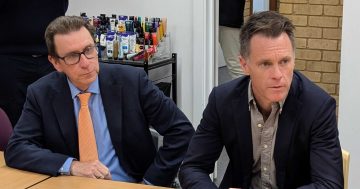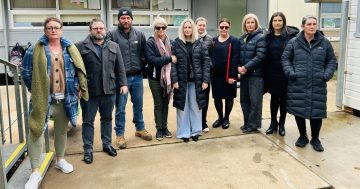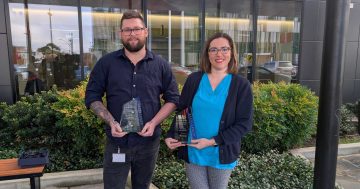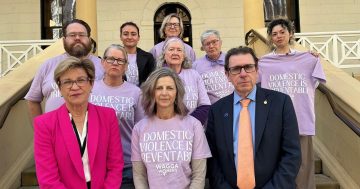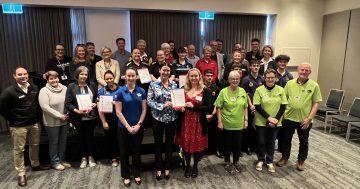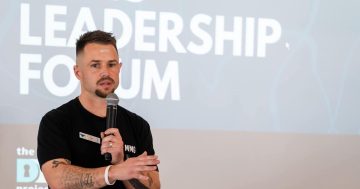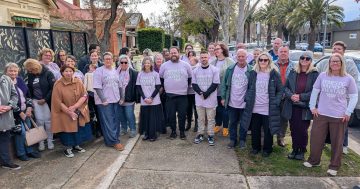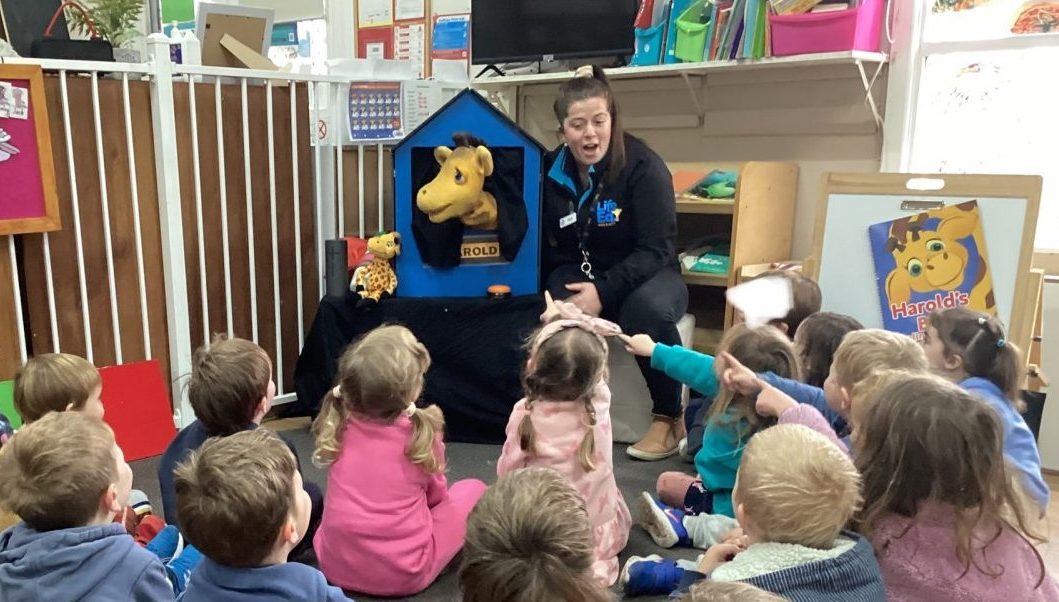
The Healthy Harold program visited more than 70 schools and early learning centres in the Riverina in 2023 and is on target to tour more in 2024 despite funding cuts. Photo: Life Ed NSW.
Life Ed NSW CEO Jonathon Peatfield has assured schools and families that the popular preventive health education program Healthy Harold will not be scaling down despite funding cuts.
Concerns over the future of the Healthy Harold program were voiced by state politicians and families this week after it was revealed that the Department of Education had stopped centrally funding Life Ed NSW in June 2023.
The NSW Government scrapped funding as part of the 2023/24 budget, stating that to reduce costs, schools should deliver health education within schools.
Due to Life Ed requiring funding and donations to continue, schools have had to pay a ”delivery fee per student” to access the program. However, with the government cutting public school budgets by 1.25 per cent in 2024, blaming a fall in enrolments, schools have been skipping the health awareness service to save costs.
Despite concerns about schools choosing to pass up Life Ed’s services, Mr Peatfield highlighted that the program had had a successful 2024 and was in a strong position to support NSW schools, visiting 74 schools in the Riverina this year alone.
“The Life Ed program is delivered to over 1200 primary schools in NSW,” he said.
”It supports nearly 14,000 teachers and 265,000 children and their parents through education programs that focus on the physical, safety and social-emotional wellbeing of children and young people.
“Life Ed is not scaling down and is in a strong position to support NSW schools. Funding is an ongoing discussion for Life Ed, like any charity.
“Our focus is to support schools, and we have been growing our reach steadily since COVID. The Life Ed program is in high demand – we saw over 76,000 children and young people in NSW in Term 2, and we are nearly fully booked for Term 3, with some availability remaining for late Term 4.”
Mr Peatfield said Life Ed would continue working with the government and the education sector to provide ”the magic of Healthy Harold” to as many classrooms as possible.
“Our goal is that every school and community across NSW can access the Healthy Harold program, supporting kids to thrive,” he said.
Mr Peatfield said the previous funding through the NSW DoE allowed Life Ed to use innovative methods to deliver its programs to as many children as possible.
“We introduced our outdoor pop-up classrooms fitted to purpose-built utes with the latest learning technologies, reaching more children in regional and remote communities,” he said.
“Additionally, we launched virtual classroom studios, enabling live-streamed lessons directly into classrooms or any location. Our iconic Transparent Anatomical Model (TAM) underwent a digital transformation into TAM-e, featuring 3D and augmented-reality software.
“Students can now explore the nervous, digestive and respiratory systems, and see firsthand the impact of substances like tobacco, alcohol and drugs on their body.”
Mr Peatfield said that through these innovations, Life Ed had created a contemporary and impactful learning experience unlike anything else on offer.
“By engaging them (students] in activities that build critical knowledge and skills for health and wellbeing, we empower them to make positive choices,” he said.







